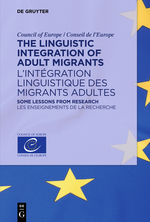 This book reflects the contributions to a conference on Linguistic Integration of Adult Migrants (Council of Europe, 2016).
This book reflects the contributions to a conference on Linguistic Integration of Adult Migrants (Council of Europe, 2016).
Chapter 4, p. 201-206
Abstract:
Educational courses that exist to support migrants in their efforts to participate in a host society should be properly designed with pedagogical expertise. In this paper, we clarify basic principles of adult learning, using the Themis method as an example. Instead of a fixed curriculum which aims to teach dominant and stereotypical cultural habits, a participatory approach fosters the development of new kinds of awareness and new ways of coping with the differences between cultures, and leads to more profound results in terms of self-confidence, participation, empowerment and language proficiency.
Christa Nieuwboer & Rogier van ’t Rood
> Link to the Chapter (Open Access)
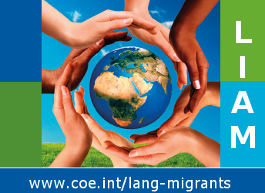 Full reference:
Full reference:
Nieuwboer, C.C. & Rood van’t, R. Progress in proficiency and participation. An adult learning approach to support social integration of migrants in western societies. In: Beacco, J.-C., Little, D., Krumm, H.-J. and Thalgott, Ph. (eds.) (2017), The Linguistic Integration of Adult Migrants: Some Lessons from Research. Berlin: De Gruyter Mouton in cooperation with the Council of Europe.
https://www.degruyter.com/viewbooktoc/product/472830
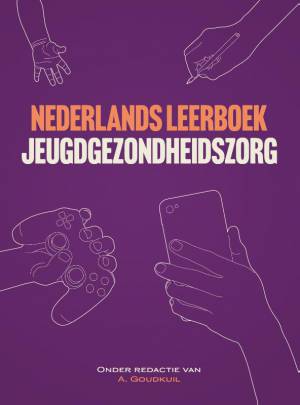

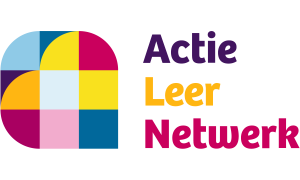 As of March 2019 I’m part of Actie Leer Netwerk, which aims to support initiatives for action learning in the Dutch workforce of healthcare and social services. Action learning is defined as the collaborative and structured search for solutions in matters of urgency by knowledge-based experiments (based on the legacy of Reg Revans). One of the most urgent matters concerning the workforce is the fact that there is an increasing shortage of staff. Initiatives which lead to work satisfaction, innovation of services and retention of personnel can be developed through action learning.
As of March 2019 I’m part of Actie Leer Netwerk, which aims to support initiatives for action learning in the Dutch workforce of healthcare and social services. Action learning is defined as the collaborative and structured search for solutions in matters of urgency by knowledge-based experiments (based on the legacy of Reg Revans). One of the most urgent matters concerning the workforce is the fact that there is an increasing shortage of staff. Initiatives which lead to work satisfaction, innovation of services and retention of personnel can be developed through action learning.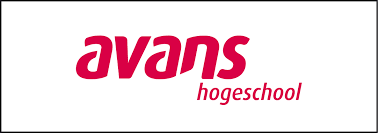
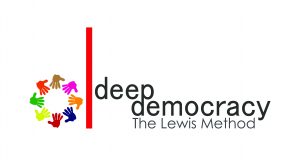 From June 2017 onwards, I will use Deep Democracry techniques to perform action research projects.
From June 2017 onwards, I will use Deep Democracry techniques to perform action research projects. In May/June 2017, I contributed to a literature review on out of school children for a UNICEF-project.
In May/June 2017, I contributed to a literature review on out of school children for a UNICEF-project.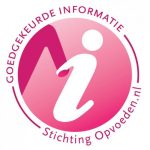 Working on an assignment for Stichting Opvoeden, a Foundation which validates online parenting information in the Netherlands.
Working on an assignment for Stichting Opvoeden, a Foundation which validates online parenting information in the Netherlands.

